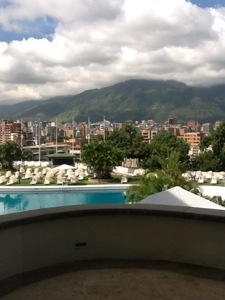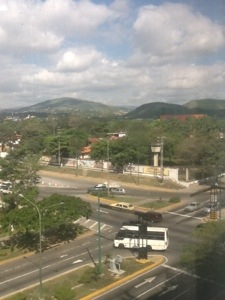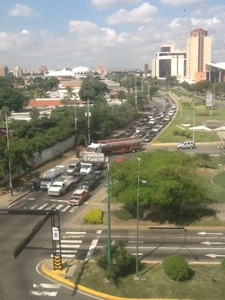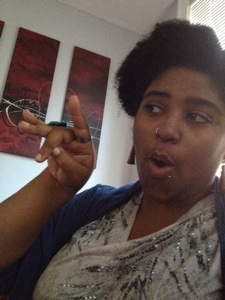The week of March 17, I participated in an annual project in Baltimore called Creative Connections. This weeklong performance project combines students from kindergarten to high school age, Peabody Conservatory students, graduates from the Guildhall School in London, and this year five Sistema Fellows from New England Conservatory, to create 45 minutes of brand new music together and perform it in a capstone concert. This year nearly 200 people participated in this project, 150 of them Baltimore Public School students. My experiences during this week are best described through connections I made with specific people.
One of the first people I met in Baltimore was an 11-year-old. When I met her, she shook my hand, looked me in the eye, and introduced herself as Ashanti, a violist. She asked my name, and I informed her that I, too, am a violist. We had an intelligent conversation about our families, our lives as musicians, and she showed me around the Prep division of Peabody, including a picture of Dan Trahey, the founder and director of OrchKids, with Michelle Obama and one of Ashanti’s classmates. Throughout the weekend, Ashanti continued to be my guide, introducing me to her classmates and teachers.
The next person who made a big impact on my week is Ayana. Ayana is a fifth-grade violinist in the Tchaikovsky String ensemble of OrchKids. One of the older students in the ensemble, she exhibited immense creativity at the outset. Throughout the week, I kept turning to her as a leader to come up with material, help shape it, and help her classmates learn it. (All the musical material, melodies, rhythms, etc. is generated by the students). She played beautiful solos in the concert. She also had a bit of an attitude. This was actually an issue permeating the entire ensemble; the students get frustrated with each other when they aren’t being productive, but their frustrations create more unproductive behavior. Throughout this project, however, I saw Ayana grow in her leadership with her peers, and become an example of productivity and creativity to her classmates.
Eliza is a fifth-year trumpet performance student at Peabody. This year was her second time participating in Creative Connections, and one thing she said to me really stuck out. When the week was over, she said, “I have to go back to regular music school now.” Implied in that statement are all the things she got from this experience that were lacking in her conservatory training: freedom of expression, creativity, learning by rote, teaching and interacting with young students, and even fun. Eliza was radiant during this week, and she confided in me that just before Creative Connections last year, she had been struggling with the repertoire for her recital and felt frustrated as a musician. She told me that the experience of this project saved her recital and reinvigorated her as a musician.
Ross is a percussionist, self-taught and most confident on drum set. He also plays some guitar, and has difficulty doing one thing for longer than 20 minutes or so. Some people might consider him to be spastic; he talks very fast and usually has pencils in his hair, and you will often find him moving around quite a lot when he’s not behind the drum set. He’s also nearly 40 and has a charming British accent. Ross sort of cheated; technically, to do this masters course in creative leadership at Guildhall, you are supposed to have an undergraduate degree in music. When Ross auditioned, no one asked, and he didn’t mention it, so he got into the course. Ross has also spent a great deal of time in South Africa where he went to boarding school, owned his own bar, and loves to cook. He and his colleagues from Guildhall play in a band together, and he teaches in the UK.
The connections I made in Baltimore, of which only a few are documented here, and the experience I had creating new music with nearly 200 other people of all ages and walks of life, has significantly changed how I view myself as a musician, educator, and advocate for social justice. I am energized and inspired to do more creative music-making, on a larger scale and with more people as I continue my career. I have a different outlook on young people, conservatory training, and musicians in general. Is experience has even changed some of the fundamental ways I teach beginning string technique, which you may read about in a later blog post. I am resolved to lead a revolution in conservatory level pedagogy, and to raise my standards for school-aged children even higher. The week I spent in Baltimore was a turning point in my life, and I will never be the same because of it. My fellow Fellows commented on how energized and happy I was during that week, and I realized that I found something for which I had no idea I had been searching.



